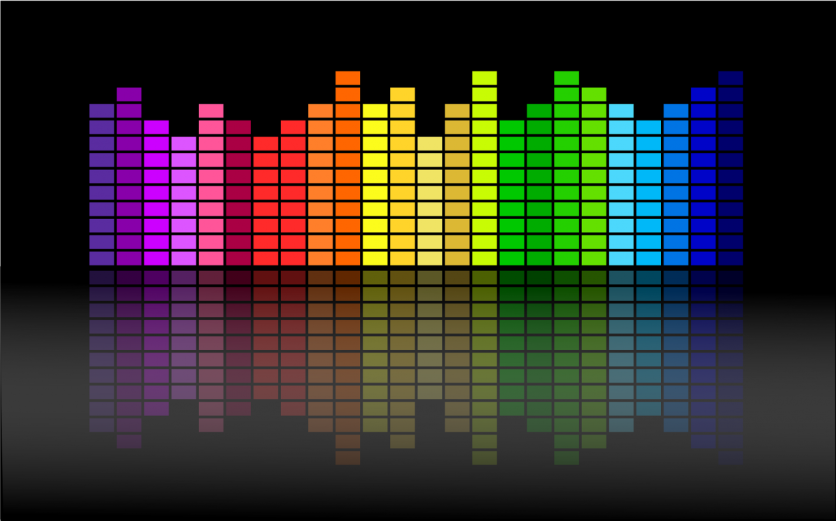With thousands of songs released daily, streaming services and radio stations face the challenge of selecting which songs will appeal to a wide range of audiences.
To address this issue, these services have used human listeners and artificial intelligence. However, this approach does not reliably predict if songs will become hits, lingering at a 50% accuracy rate.
Now, a study by a group of researchers in the United States has harnessed the power of comprehensive machine learning techniques applied to brain responses, resulting in a staggering 97% accuracy in predicting hit songs.

Applying Machine Learning to Neurophysiologic Data
Professor Paul Zak from Claremont Graduate University, the study's senior author, explained the findings: "By applying machine learning to neurophysiologic data, we could almost perfectly identify hit songs. That the neural activity of 33 people can predict if millions of others listened to new songs is quite amazing. Nothing close to this accuracy has ever been shown before."
The study involved equipping participants with off-the-shelf sensors and having them listen to a set of 24 songs while providing feedback on their preferences and some demographic information.
The researchers measured the participants' neurophysiologic responses to the songs throughout the experiment. Zak highlighted that the brain signals collected reflected the activity of a brain network associated with mood and energy levels.
This enabled the team to predict market outcomes, including the number of song streams, based on the data obtained from a small group.
This innovative approach, known as "neuroforecasting," leverages neural activity from a limited number of individuals to predict population-level effects without the need for extensive brain activity measurements from a large sample.
Following data collection, the researchers employed diverse statistical methods to evaluate the predictive precision of neurophysiological variables, facilitating direct comparison of the models.
Through the utilization of machine learning algorithms, they notably enhanced the accuracy of identifying hit songs. While a linear statistical model achieved a 69% success rate, applying machine learning techniques elevated the rate of correct identification to an impressive 97%.
Furthermore, when machine learning was applied to the neural responses during the initial minute of the songs, hit songs were correctly identified at an 82% success rate.
Read Also : AI Safety: New Research Explores Machine Learning Safety Without Conducting Countless Trials
Wearable Neuroscience Technologies
The researchers envision a future where wearable neuroscience technologies similar to those used in the study, become commonplace. That would enable tailored entertainment experiences based on individuals' neurophysiology, offering a curated selection of choices that match their preferences and making the decision-making process faster and easier.
While the study's results were near perfect, the researchers acknowledged certain limitations. They analyzed a relatively small number of songs, and although the study participants represented moderately diverse demographics, some ethnic and age groups were not included.
Nonetheless, the researchers believe their methodology can be applied beyond hit song prediction, potentially extending to other forms of entertainment, such as movies and TV shows. The findings of the study were published in the Frontiers in Artificial Intelligence.
Related Article : Thin Artificial Neurons Made of 2D Materials Could Advance AI Computing

ⓒ 2026 TECHTIMES.com All rights reserved. Do not reproduce without permission.




